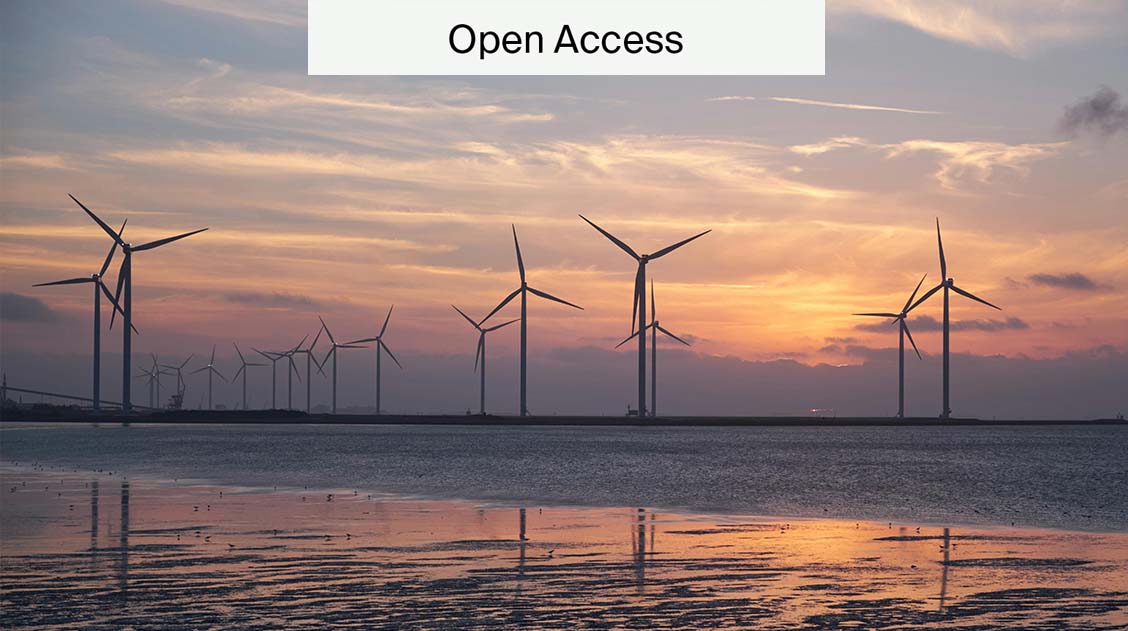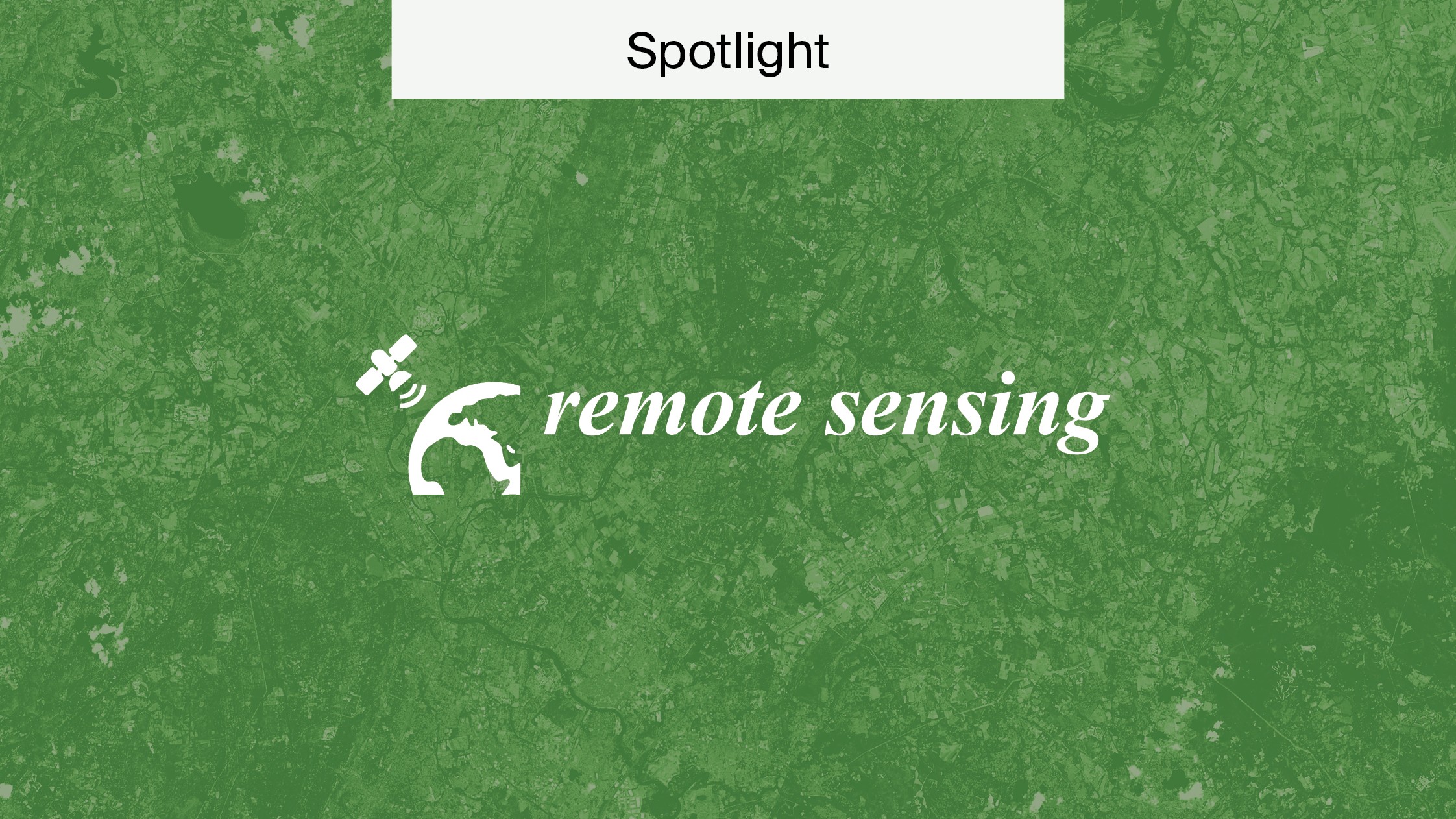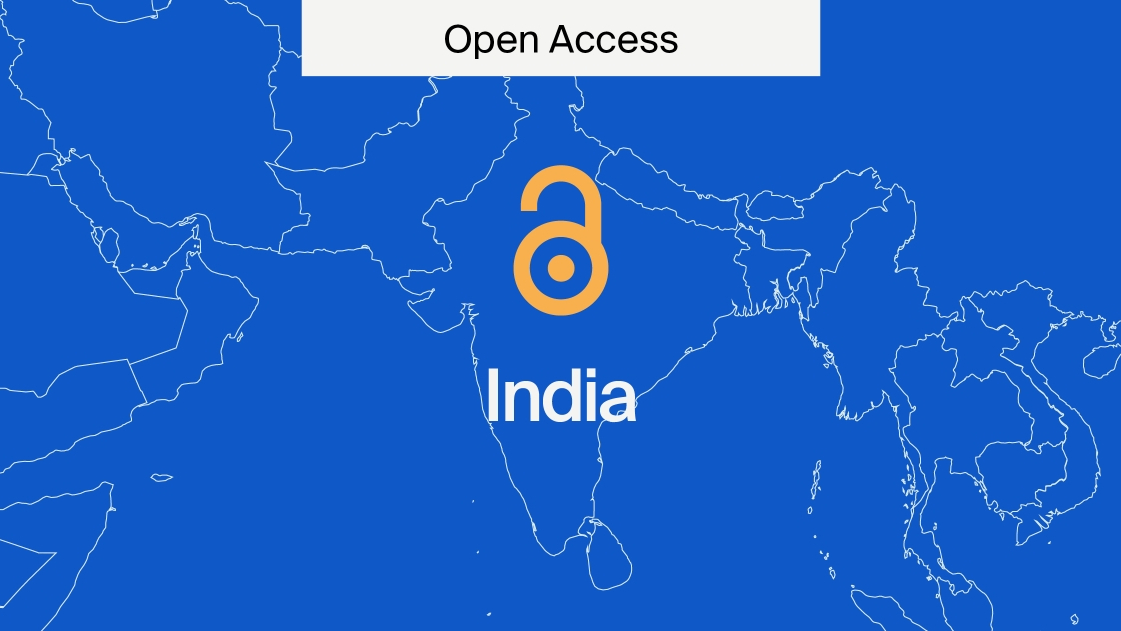
Clean Energy Research Must Be Open
We rely on energy to meet our basic needs. But most of the energy we use contributes to global warming. Because of this, there are calls to transition to renewable energy, which requires a concerted effort across diverse disciplines and institutions. Since this is a global issue, clean energy research must be open, so we can bring together these disciplines and help limit climate change together.
Here, we explore clean energy research and highlight how Open Access is necessary to ensure it can reach its full potential.
Climate change
By a large margin, fossil fuels are the largest contributor to global climate change. They account for 75% of global greenhouse gas emissions and nearly 90% of carbon dioxide emissions. Further, they are responsible for large amounts of air pollution, which leads to over 5 million premature deaths each year.
Climate change is also causing extreme weather events to become more frequent and intense. These include extreme rain, hotter and longer heatwaves, longer droughts, and more wildfires.
But what is clean energy and how can it help us to mitigate climate change?
What is clean energy?
Clean energy, or renewable energy, is derived from natural sources that are replenished at a faster rate than they are used. In contrast, fossil fuels, like coal, oil, and gas, take millions of years to form and they release harmful emissions when they are burned.
Advocates call for an energy transition. This refers to a shift from fossil fuel-based energy systems to systems that depend on renewable energy. This is being enabled by the greater demand for sustainability in societies and recent technological advancements.
The benefits of clean energy include the following:
- Reduced carbon emissions and air pollution.
- Job creation through the increased production and manufacturing of technology and infrastructure.
- Increased energy independence.
- Lower energy costs.
- Increased energy access for remote, coastal, or isolated communities.
The most common sources of renewable energy are
- Solar: converts sunlight into electrical energy.
- Wind: uses the kinetic energy of moving air.
- Geothermal: uses the thermal energy of Earth’s interior.
- Hydropower: harnesses energy from the movement of water.
There are, however, some obstacles to introducing clean energy on a wide scale.
Obstacles to clean energy
When discussing the energy transition, Vaclav Smil, Professor Emeritus at the University of Manitoba, explained
To eliminate carbon emissions by 2050, governments face unprecedented technical, economic, and political challenges, making rapid and inexpensive transition impossible.
This is because generating power from renewable sources involves many steps. For example, there needs to be generators, like wind turbines or solar panels, and infrastructure to transport and store the energy these renewable sources generate. This all requires an extensive amount of material, including metals like lithium and cobalt that require mining processes with high resource demands and environmental impacts.
Further, despite the growing demand for renewable energy, there needs to be a widespread cultural and behavioural shift to embrace it fully. This is evident in debates about electric vehicles and placing large wind turbines in green areas and also in the use of public money to create the necessary infrastructure.
People depend on energy to meet their basic needs, i.e., cooking food and receiving healthcare. Therefore, a balancing act is required to ensure people can meet their energy needs affordably whilst also ensuring the environment is not being negatively impacted.
Why we need clean energy research
Introducing clean energy broadly and efficiently would address several Sustainable Development Goals, particularly 4, 7, and 11.
Although, because of how fundamental energy is, achieving a widespread energy transition is complex. Researchers and institutions from countless disciplines must come together to help the transition. It would require engineers to develop the technologies, economists to weigh up the costs and benefits, and sociologists to determine how to encourage a behavioural shift, to name a few.
Research must be interdisciplinary, which refers to research that analyses and harmonises links between disciplines into a coordinated whole. Interdisciplinary research stands out because it is more cooperative, involving scientists from different disciplines coming together, pooling their knowledge and skills.
Additionally, since this is a global issue, researchers need to come together internationally to support the global energy transition.
For research to be interdisciplinary and accessible internationally, it must be open.
Interdisciplinary research must be open
Open Access enables interdisciplinary researchers by ensuring there are no barriers to accessing the literature. This enables them to create more sophisticated approaches by pooling their skills and knowledge to generate fresh insights and creative solutions to multifaceted issues.
Issues like climate change and the energy transition are all-encompassing. They transcend the boundaries of institutions, disciplines, class, and nationality. They affect everyone and everything.
If we are to commit to transitioning to clean energy, then Open Access can prevent different actors from being excluded from accessing and contributing to the movement.
Global issue, global solutions
Transitioning from fossil fuels to clean energy is necessary to help mitigate climate change. Doing so requires a concerted effort from countless disciplines and nations. Open Access supports this by ensuring that research results are free from barriers.
MDPI is committed to Open Access, giving readers free and unlimited access to the full text of all published articles. It has over 400 journals dedicated to providing the latest findings, many of which publish interdisciplinary research. If you’re interested in submitting your work, see our full list of journals here.
Also, if you want to learn more about Why Open Access is Important, we have plenty of articles that may interest you.











But the maintenance costs are too high, not to mention the effects of rising atmospheric temperatures.
Hi,
Thanks for your comment and observation. It is true that establishing sources of clean energy is a very costly and resource-intensive process. As mentioned in the article, we need researchers across various disciplines to tackle this issue, including economists who can analyse the cost compared with the benefits of these generators. Similar to electric cars, it is likely that as more research is produced, they will reduce in price.
All the best.